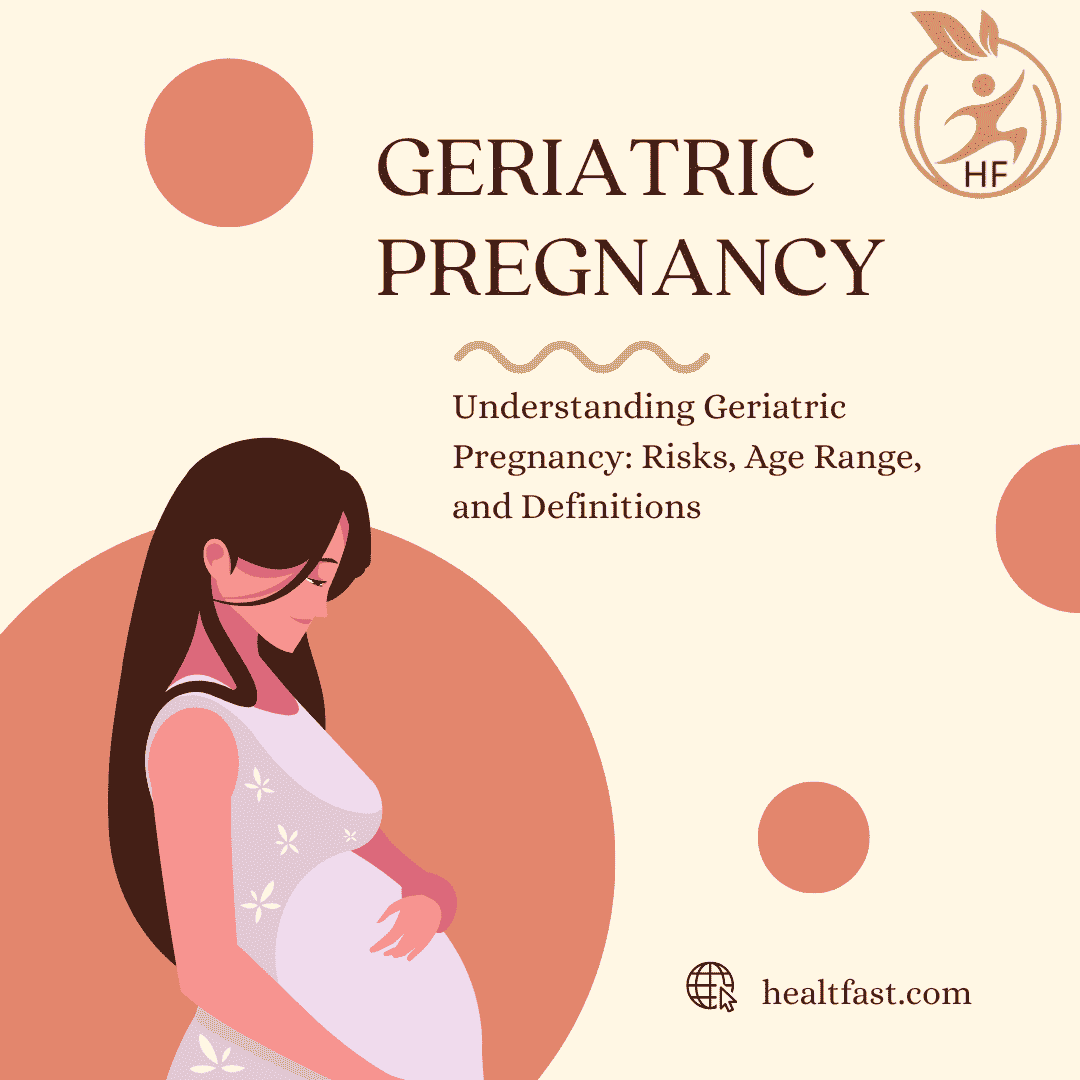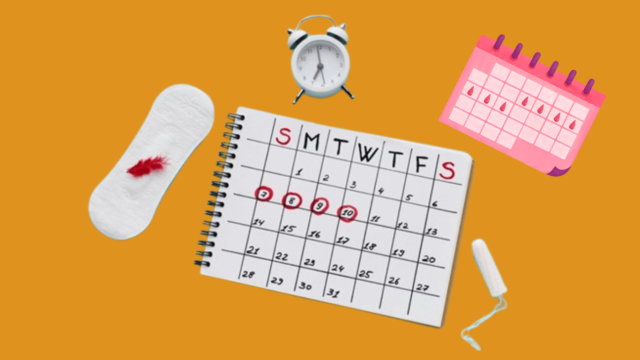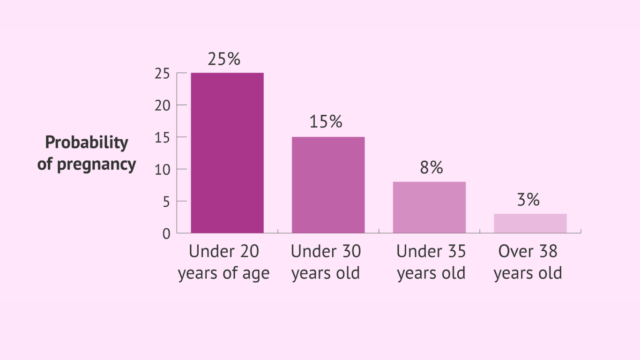Introduction
In recent years, there has been a noticeable shift in the age at which women are choosing to start families. The term “geriatric pregnancy” is gaining prominence as women delay childbirth for various reasons. This article explores the concept of geriatric pregnancy, the age range associated with it, and the potential risks involved.
Defining Geriatric Pregnancy
Geriatric pregnancy, often referred to as advanced maternal age or AMA, is a term used to describe pregnancies in women who are 35 years old or older. While the term “geriatric” may sound alarming, it is a medical classification based on age and not an indicator of a woman’s overall health.
Geriatric Pregnancy Age Range
The age range for geriatric pregnancy typically starts at 35 and extends into the early 40s. Fertility gradually declines after the age of 30, and the chances of complications increase with age. Women in this age group may face challenges in conceiving and are at a higher risk of certain medical conditions during pregnancy.
Risks Associated with Geriatric Pregnancy

1. Increased Risk of Chromosomal Abnormalities
As maternal age increases, so does the risk of chromosomal abnormalities such as Down syndrome. Genetic counseling and prenatal testing are often recommended for women over 35 to assess these risks.
2. Higher Incidence of Pregnancy-Related Conditions
Geriatric pregnancies are associated with a higher likelihood of conditions such as gestational diabetes, high blood pressure, and pre-eclampsia. Regular prenatal check-ups become crucial to monitor and manage these potential complications.
Look at the book :Birth Settings in America: Outcomes, Quality, Access, and Choice.
3. Increased Risk of C-Section
Advanced maternal age may lead to a higher likelihood of cesarean section deliveries due to factors like prolonged labor and an increased incidence of breech births.
article about high risk pregnancy
Changing Perspectives on Geriatric Pregnancy
In recent years, societal norms and personal choices have shifted, leading to an increasing number of women choosing to start families later in life. As a result, the medical community is adapting to the changing landscape of pregnancy, providing specialized care for women in their late 30s and beyond.
Geriatric pregnancy, while associated with certain risks, is a term primarily based on age classification. Women considering pregnancy in their mid-30s and beyond should be aware of the potential challenges and work closely with healthcare professionals to ensure a healthy and successful pregnancy journey.
As with any pregnancy, early and consistent prenatal care is essential. Understanding the risks and benefits can empower women to make informed decisions about their reproductive health, regardless of their age.




